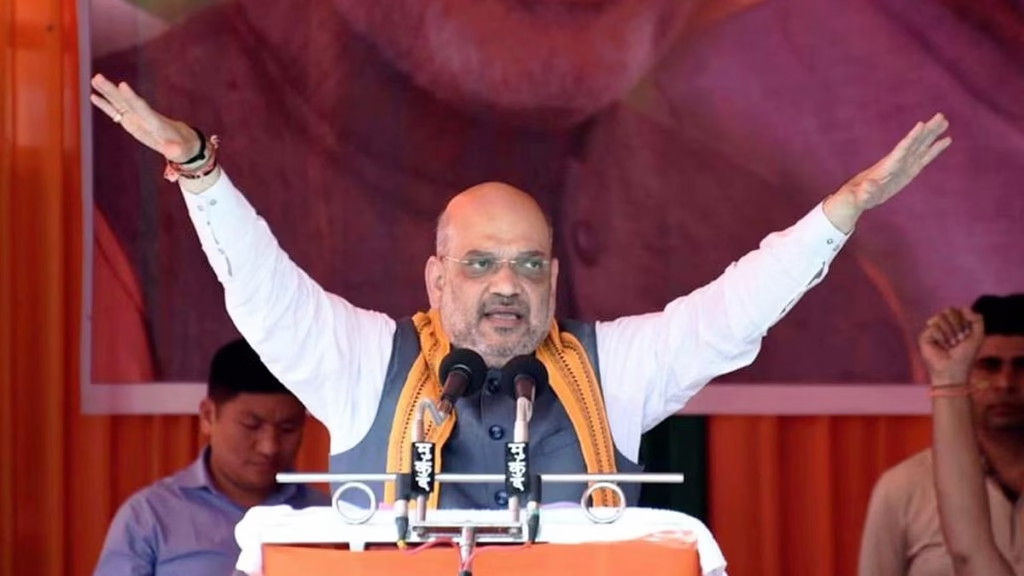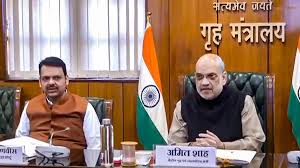Union Home Minister Amit Shah has urged the Maharashtra government to expedite the implementation of the newly enacted criminal laws across all police commissionerates in the state. The move aims to strengthen law enforcement, boost conviction rates, and modernize the legal framework with advanced technology.

Shah Directs Maharashtra to Act Fast on New Laws
Chairing a high-level review meeting in New Delhi on February 14, 2025, Amit Shah emphasized the urgent need for Maharashtra to implement the Bharatiya Nyaya Sanhita, Bharatiya Nagarik Suraksha Sanhita, and Bharatiya Sakshya Adhiniyam. These laws replace the outdated Indian Penal Code (IPC), Code of Criminal Procedure (CrPC), and Indian Evidence Act of 1872. Chief Minister Devendra Fadnavis and other senior officials attended the meeting.
Shah highlighted the necessity of establishing a Directorate of Prosecution, which will align with the new legal framework. He stressed that Maharashtra must increase its conviction rate in serious crimes carrying penalties of over seven years. Currently, the state’s conviction rate stands at around 50%, but Shah has set a target of over 90%.
Regular Monitoring and Technology Integration
To ensure effective implementation, Shah recommended regular monitoring. He proposed that the Chief Minister conduct bi-weekly reviews, while the Chief Secretary and Director General of Police (DGP) hold weekly assessments. He also instructed senior police officials to closely track cases related to organized crime, terrorism, and mob lynching to prevent misuse of legal provisions.
Additionally, Shah advocated for technological integration in law enforcement. He suggested:

- Video conferencing for recording evidence in prisons, hospitals, banks, and forensic labs.
- Adoption of CCTNS 2.0 and Inter-Operable Criminal Justice System 2.0 (ICJS) for seamless FIR transfers between states.
- Electronic dashboards in police stations to ensure transparency in custody details.
A Step Towards Modern Law Enforcement
With these changes, Maharashtra is expected to witness more efficient crime investigations and faster legal proceedings. The implementation of the new laws is seen as a major step in strengthening India’s judicial and policing system, ensuring justice is served more effectively.
As Maharashtra moves forward with these reforms, regular monitoring and the use of technology will play a crucial role in transforming the state’s law enforcement framework.
